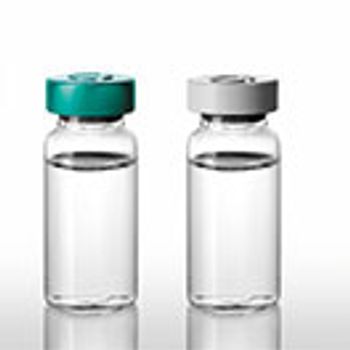
Manufacturers and regulators accelerate R&D and production of new vaccines and therapies.

Manufacturers and regulators accelerate R&D and production of new vaccines and therapies.

The Trump administration unveiled a new drug price control policy, drawing opposition from pharma manufacturers and pharmacy benefit managers.

Drug shortages and supply chain challenges bolster FDA efforts to promote modern manufacturing.

Regulators strive to review flood of advanced treatments while also vetting COVID-19 vaccines.

FDA announced it had issued an emergency use authorization for convalescent plasma that would make it easier to provide this treatment to COVID-19 patients.

FDA can better monitor quality production of domestic versus foreign firms.

FDA and the US Congress support innovation and access to cheaper medicines.

Policy makers seek to ensure supplies of new therapies and to limit shortages.

FDA is encouraging alternative insulins and challenging anticompetitive practices.

States, hospitals, and insurers support manufacturing arrangements to ensure access to affordable medicines.

Increased reliance on foreign producers raises concerns and spurs collaborations.

Pressures on FDA will affect industry’s success in bringing new therapies to market.

FDA readies more efficient oversight processes while advancing collaboration with Europe.

Falsified documents and manipulated test results prompt warnings and investigations.

Industry and regulators seek global system that reduces regional differences.

New tools and policies aim to support more complex manufacturing processes.

New guidance documents clarify production standards and processes for developing interchangeable biologic drugs.

CDER’s KASA program seeks manufacturer data on drug attributes and risks to inform oversight.

New agency leadership is pressed to promote innovation while addressing safety and quality issues.

FDA expects more than 200 investigational new drug applications for cell and gene therapies by 2020, causing the agency to strengthen its regulatory program.

Policies emphasize the importance of ensuring data integrity in the United States and abroad.

Industry investment and regulatory support combined to move many important new medicines to market.

FDA plans to support initiatives to ensure that all medicines are safe, effective, and of high quality.

The agency is asking firms to discuss internal quality metrics efforts as part of the approval process for new medical products.

FDA seeks more efficient testing to spur development of less costly biotech therapies.